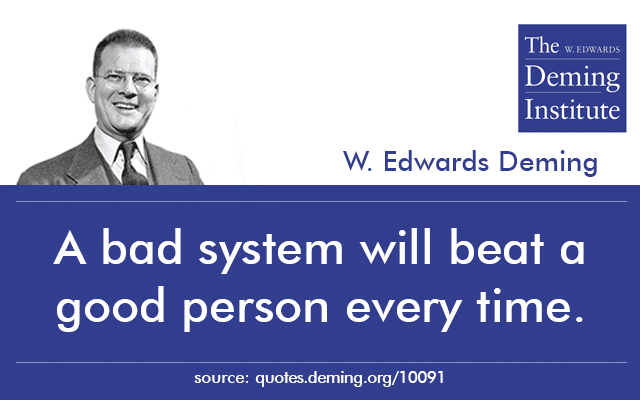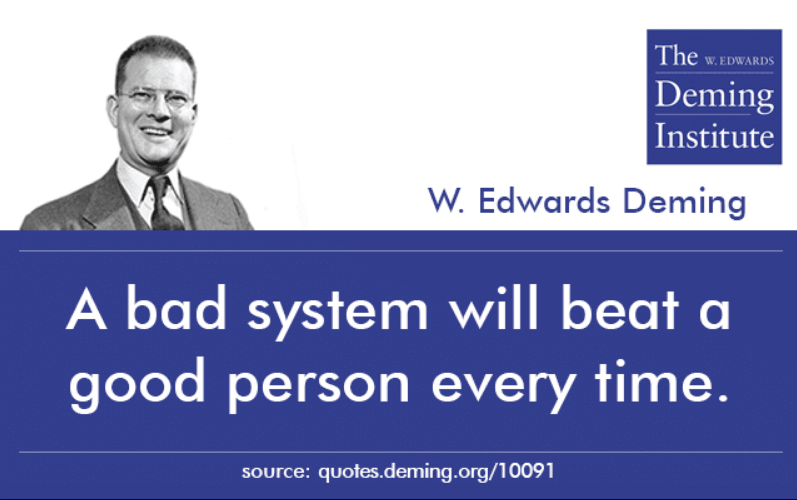It’s become less common to hear people referred to as “resources” in recent times. There’s more trendy “official vocab guidelines”, but what’s really changed? There’s still phrases in common use that sound good but betray the same mindset.
I often hear people striving to “hire and retain the best talent“ as if that is a strategy for success, or as if talent is a limited resource we must fight over.
Another common one is to describe employees as your “greatest asset”.
I’d like to believe both phrases come from the good intentions of valuing people. Valuing individuals as per the agile manifesto. I think these phrases betray a lack of consideration of the “…and interactions”.
The implication is organisations are in a battle to win and then protect as big a chunk as they can of a finite resource called “talent”. It’s positioned as a zero-sum game. There’s an implication that the impact of an organisation is a pure function of the “talent” it has accumulated.
People are not Talent. An organisation can amplify or stifle the brilliance of people. It can grow skills or curtail talent.
Talent is not skill. Talent gets you so far but skills can be grown. Does the team take the output that the people in it have the skill to produce? Or does the team provide an environment in which everyone can increase their skills and get more done than they could alone?

We might hire the people with the most pre-existing talent, and achieve nothing if we stifle them with a bureaucracy that prevents them from getting anything done. Organizational scar tissue that gets in the way; policies that demotivate.
Even without the weight of bureaucracy many teams are really just collections of individuals with a common manager. The outcomes of such groups are limited by the talent and preexisting skill of the people in them.
Contrast this with a team into which you can hire brilliant people who’ve yet to have the opportunity of being part of a team that grows them into highly skilled individuals. A team that gives everyone space to learn, provides challenges to stretch everyone, provides an environment where it’s safe to fail. Teams that have practices and habits that enable them to achieve great things despite the fallibility and limitations of the talent of each of the people in the team.
“when you are a Bear of Very Little Brain, and you Think of Things, you find sometimes that a Thing which seemed very Thingish inside you is quite different when it gets out into the open and has other people looking at it.”—AA Milne
While I’m a bear of very little brain, I’ve had the opportunity to be part of great teams that have taught me habits that help me achieve more than I can alone.
Habits like giving and receiving feedback. Like working together to balance each others weaknesses and learn from each other faster. Like making predictions and observing the results. Like investing in keeping things simple so they can fit into my brain. Like working in small steps. Like scheduled reflection points to consider how to improve how we’re working. Like occasionally throwing away the rules and seeing what happens.
Habits like thinking less and sensing more.
